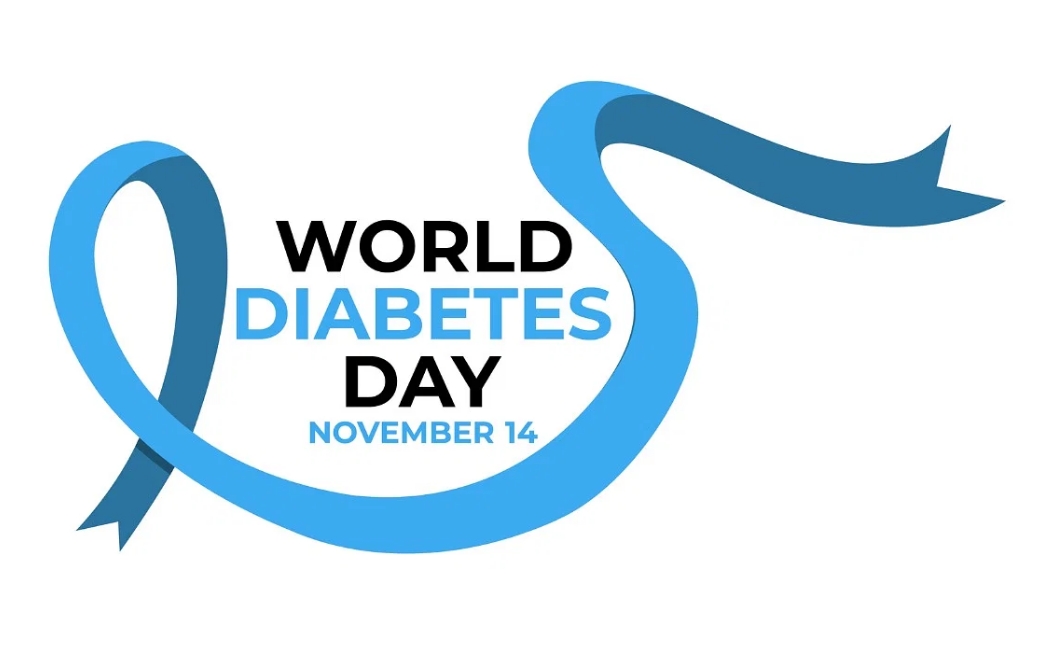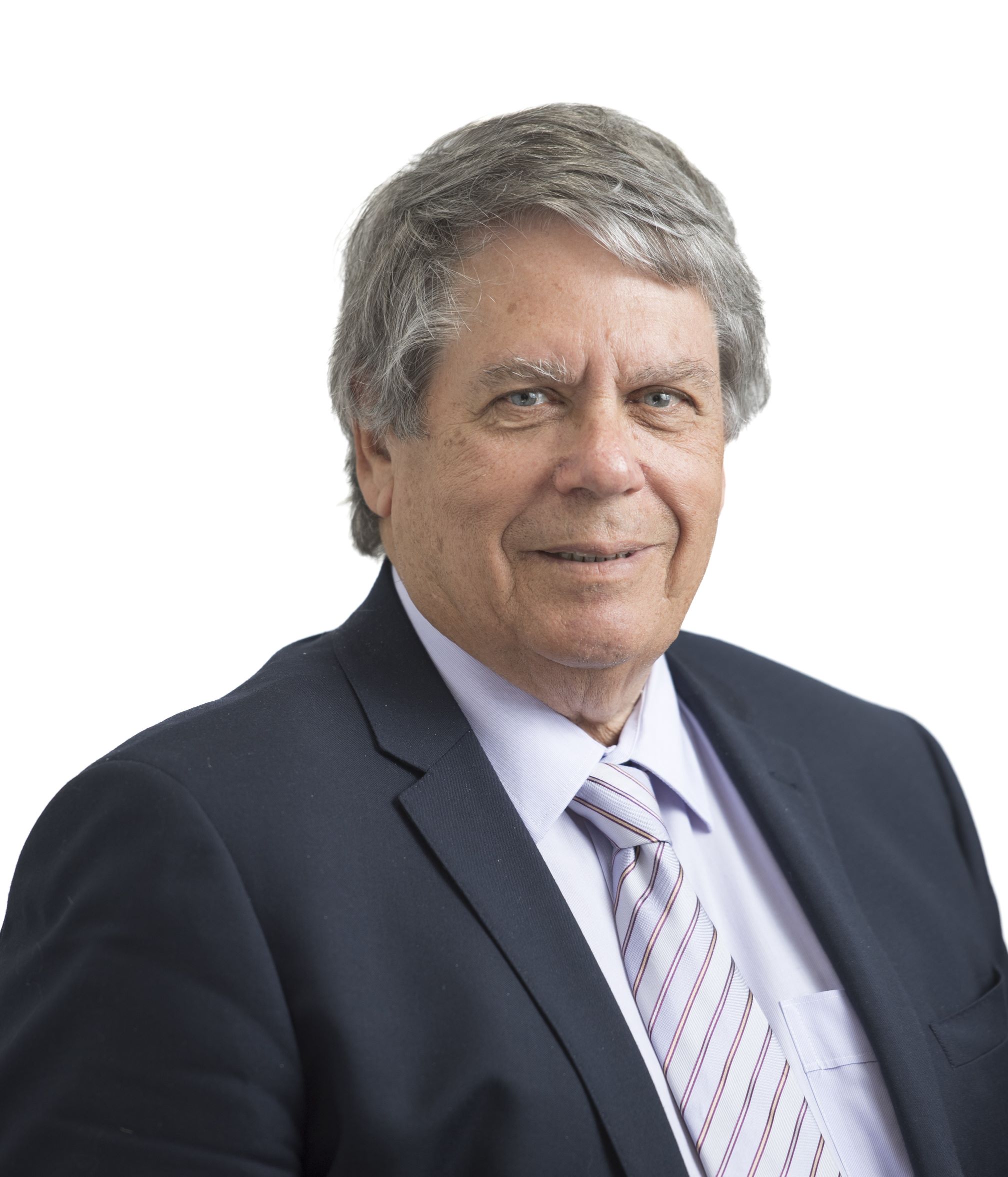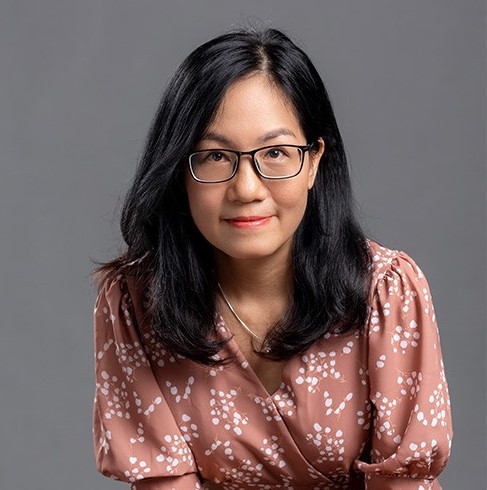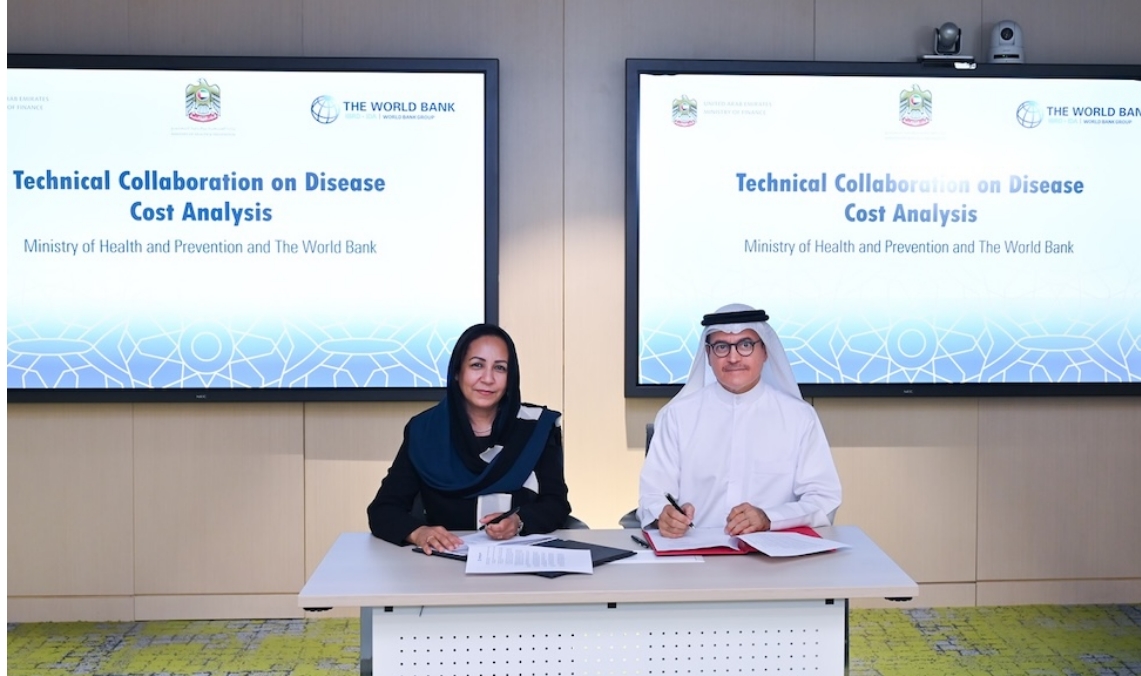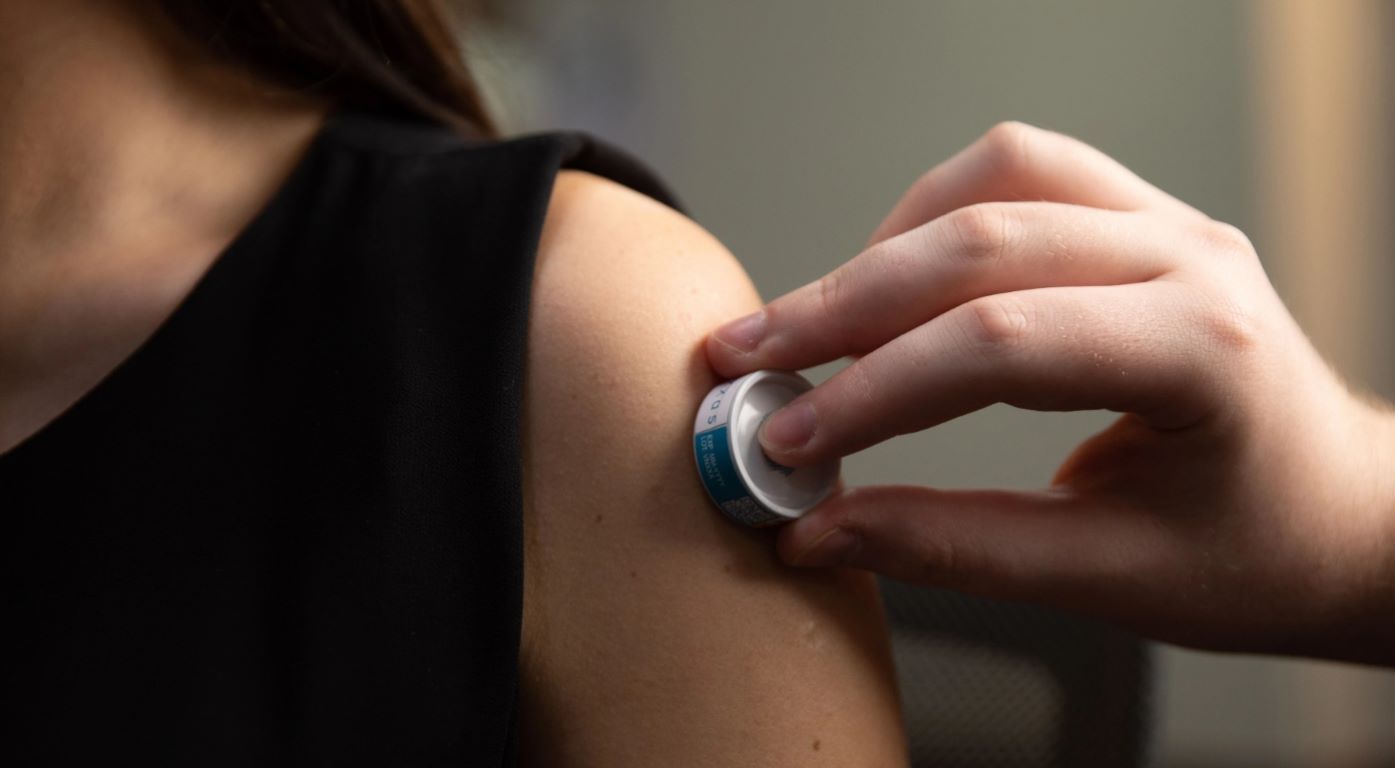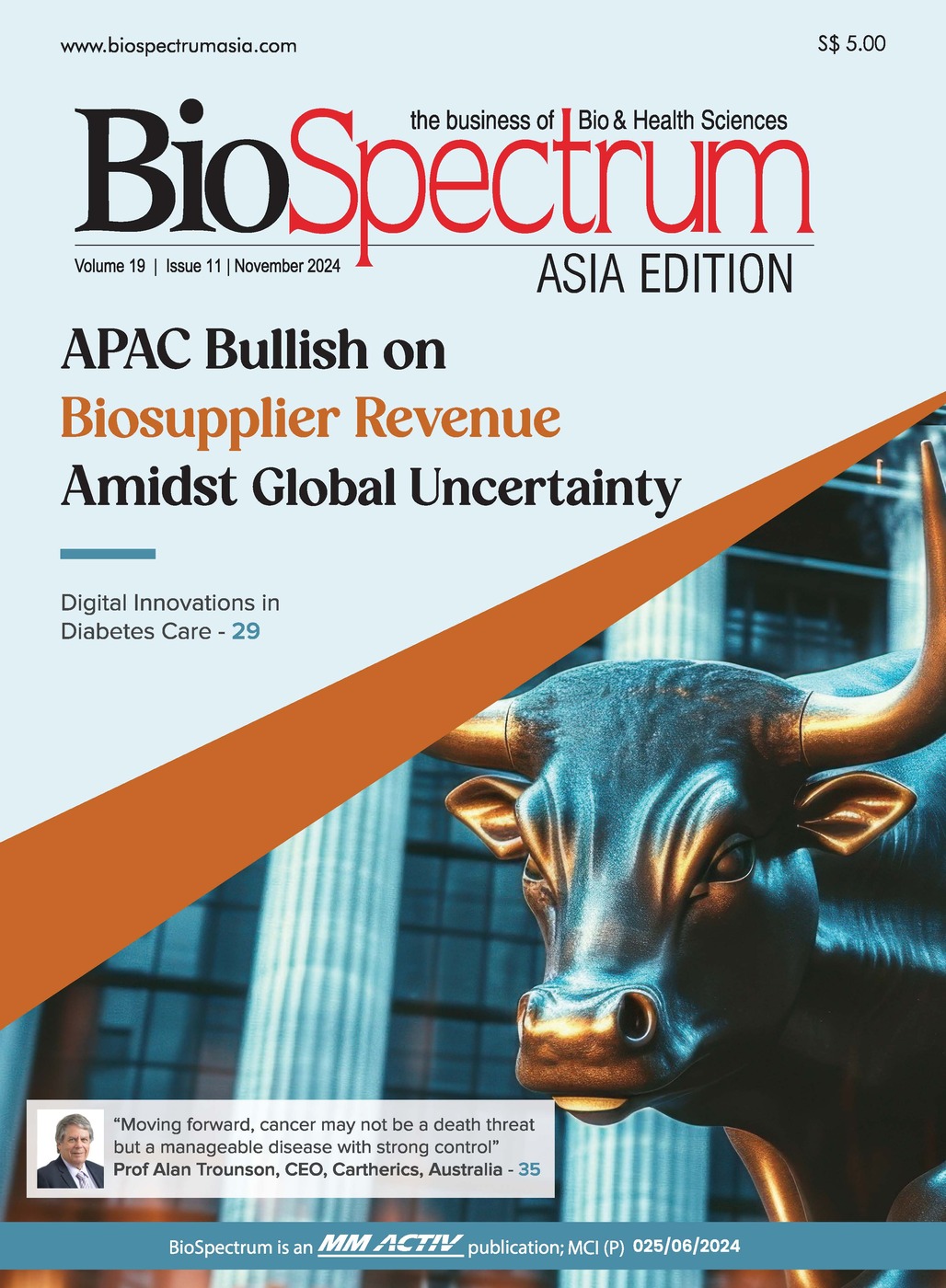Philips and Australia's Edith Cowan University partner to elevate clinical ultrasound training in APAC
21 November 2024 | News
To equip the next generation of healthcare professionals to leverage new technologies

Philips, a global leader in health technology, and Edith Cowan University Australia (ECU) have announced a new strategic partnership that aims to enhance clinical ultrasound training for healthcare professionals to provide better care for more people.
Both organisations intend to jointly drive a robust curriculum to equip healthcare professionals with skills for Ultrasound Point of Care through a range of innovative and practical courses and workshops. As healthcare systems in Asia Pacific (APAC) move towards the increased application of these technologies to optimise care access and patient flow, the partnership aims to bridge the knowledge gap through training and teaching.
The organisation aim to develop a robust and comprehensive curriculum for ultrasound. Courses will cover both theoretical knowledge and hands-on skills using Philips ultrasound devices in a series of short courses such as improving vascular access and fistula cannulation during dialysis and FAST exams for emergency physicians and obstetric ultrasound for midwives or general practitioners.
Under Cardiovascular ultrasound short courses, sonographers will also be exposed to 3D advanced quantification and image quality optimization, while cardiologists can learn echocardiography in structural heart disease. Additional General Imaging short courses will be developed, covering advanced liver imaging, advanced pelvic, Musculoskeletal, and pediatric scanning.
As part of the second phase of the collaboration, plans are to extend these courses to larger markets in APAC, Philips channel partners, and clinical applications teams beginning in Australia.
Experts from Philips will lead workshops and training sessions, with the possibility of access to the Medical Sonography Simulation Lab teaching and learning space at the Joondalup Campus by Philips for internal new staff and channel partner onboarding and training.
The partnership will open opportunities for sharing resources and expertise and continuous engagement on course structure, faculty engagement, and student enrollment.


